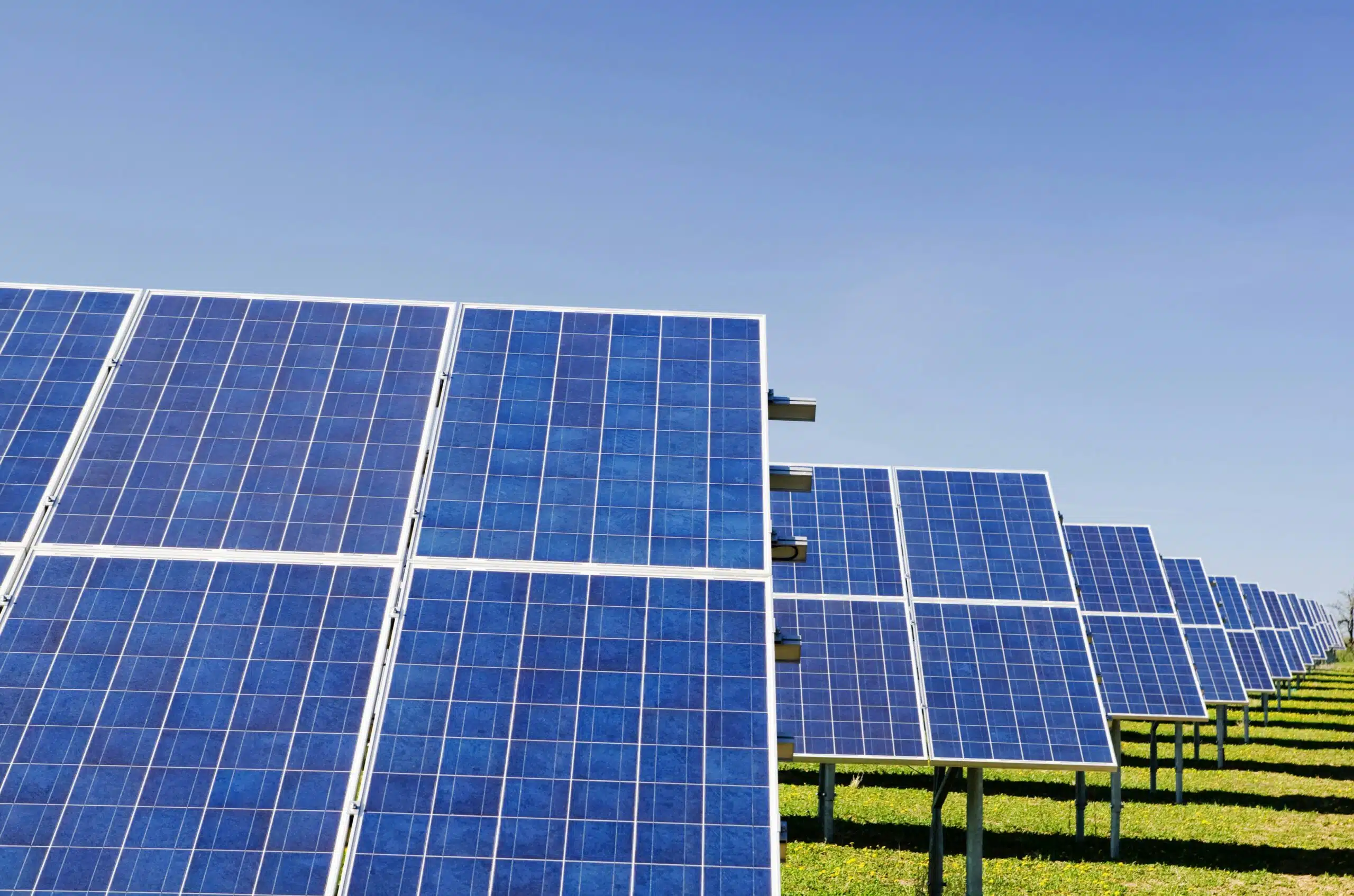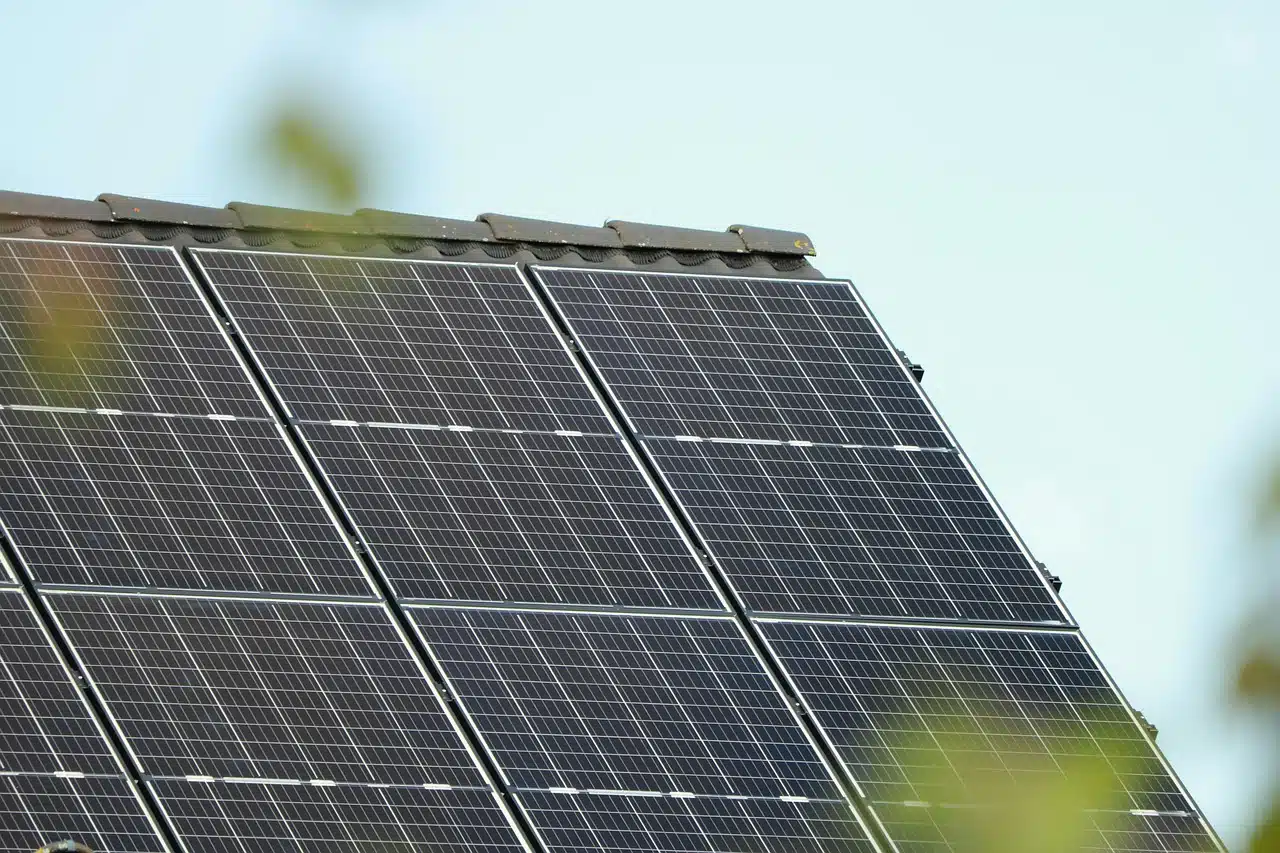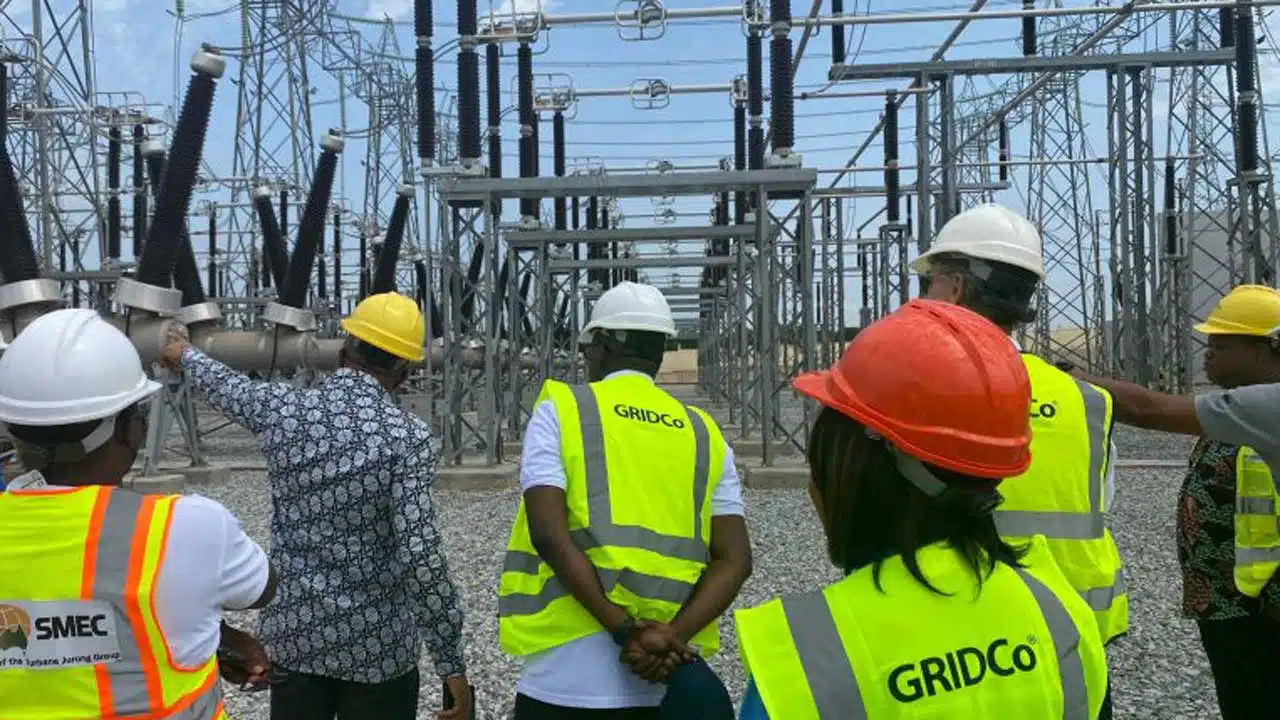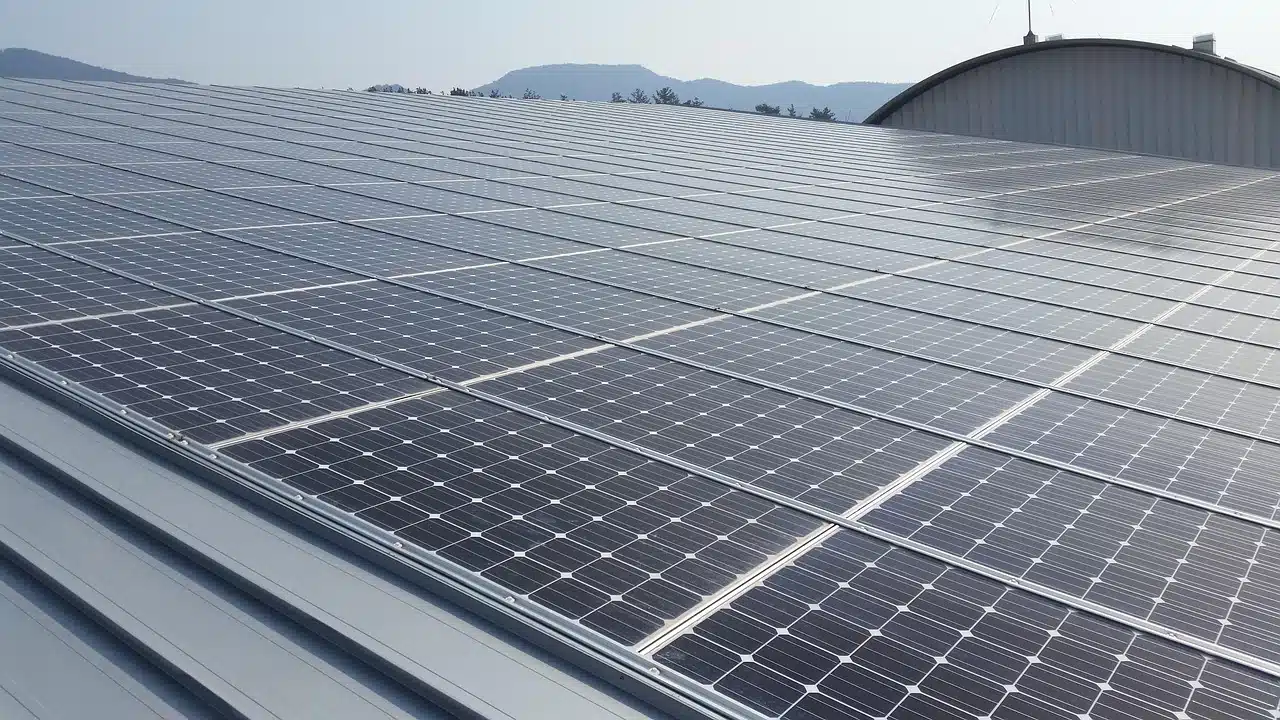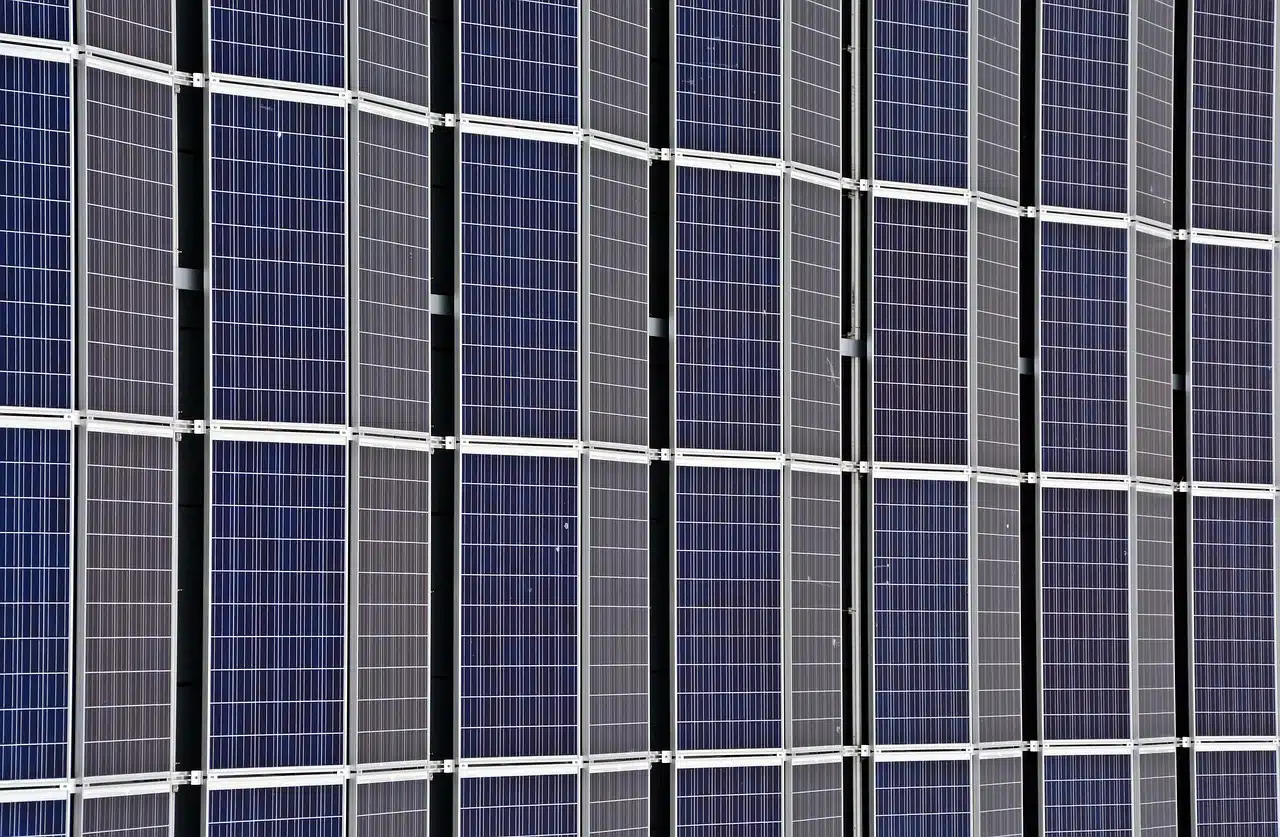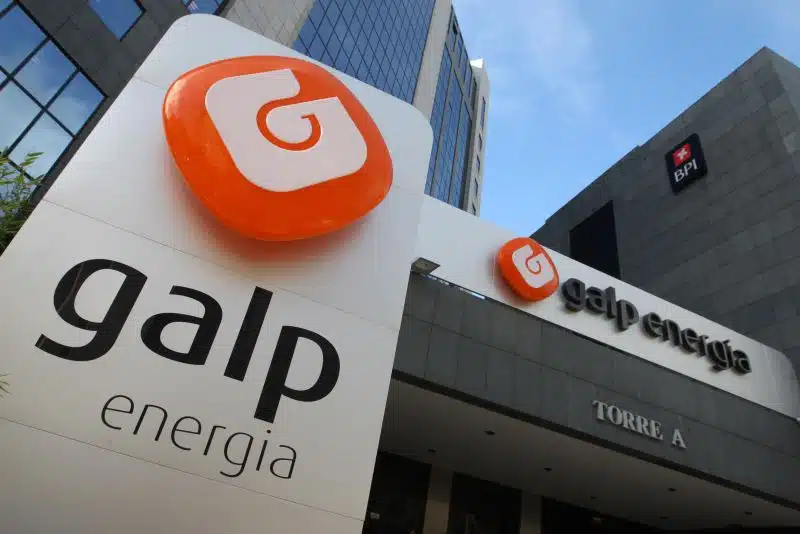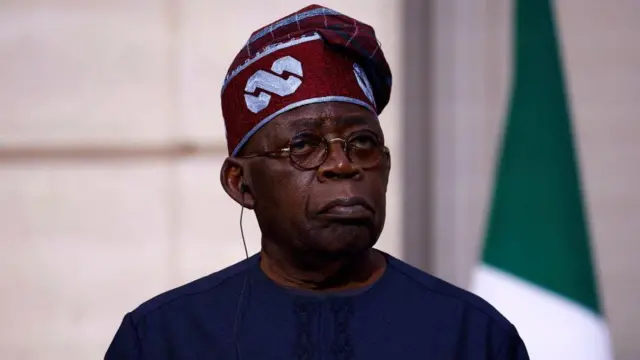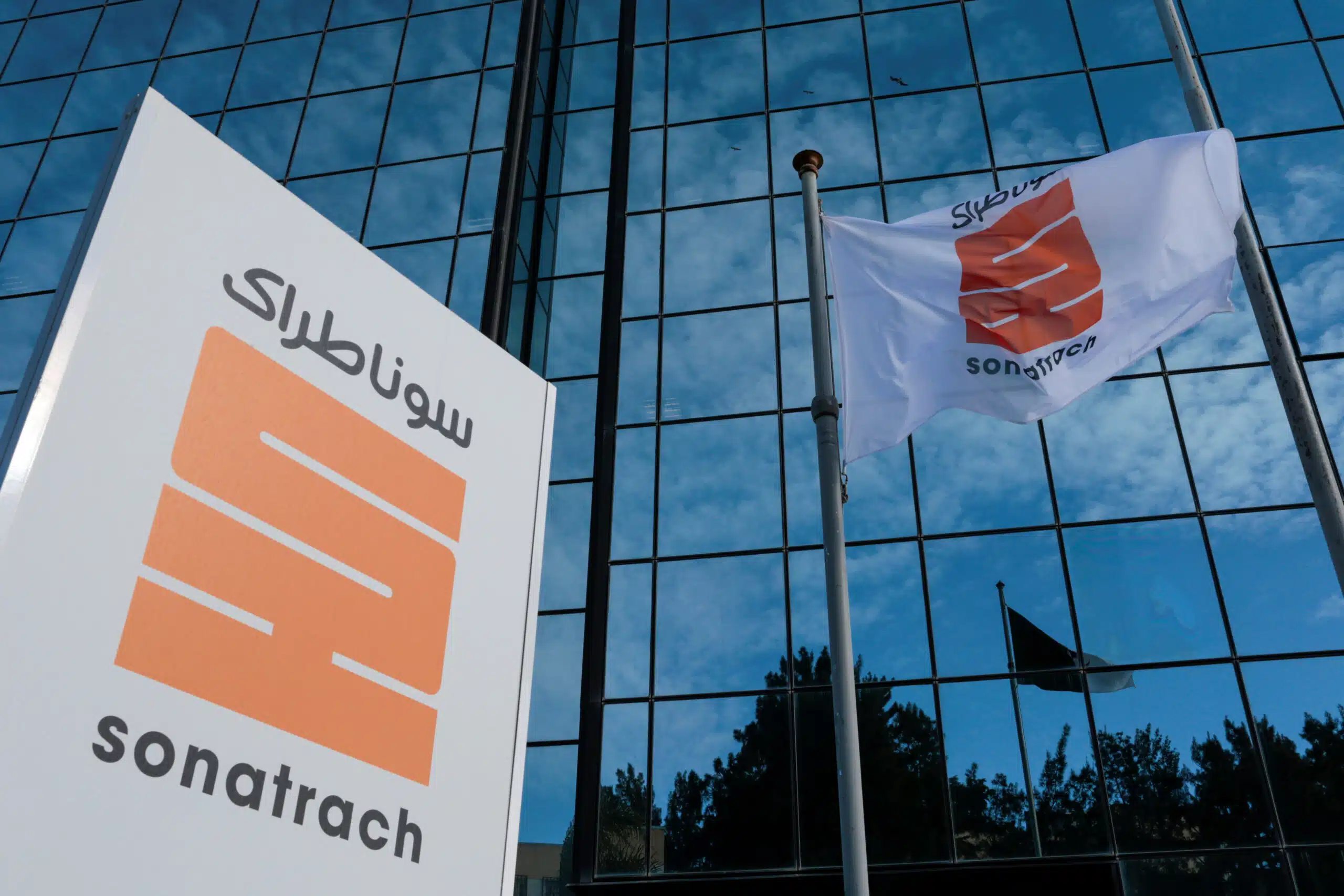Since Russia’s invasion of Ukraine in February 2022, Europe’s energy landscape has undergone an irreversible shift.
The continent has rapidly reduced its dependence on Russian fossil fuels, diversified its energy sources, and accelerated its transition to renewable energy.
Following this shift, Africa has emerged as a key partner, with countries like the United Kingdom (UK) increasingly looking to the continent to bolster energy security and sustainability.
Prior to the invasion, Russia supplied approximately 45% of the EU’s natural gas imports.
By 2023, this figure had dropped to 15%, thanks to concerted efforts under the EU’s REPowerEU plan, which aims to eliminate reliance on Russian fossil fuels before 2030.
The EU has also committed to unveiling a roadmap by May 2025 to phase out all imports of Russian fossil fuels by 2027.
To compensate for the reduced Russian supply, Europe has increased imports of liquefied natural gas (LNG) from the US, Qatar, and Africa.
It has invested in renewable energy, with wind and solar power generating a record 22% of electricity in 2022, surpassing fossil gas for the first time.
This growth in renewables has saved the EU €12 billion (approximately $13.62 billion) in avoided gas costs since the invasion, according to data by Ember.
The UK has been proactive in seeking alternative energy partnerships with Africa.
One of its most ambitious projects is the Morocco–UK Power Project, spearheaded by British firm Xlinks.
Labour’s MP Joe Powell says it is one of the most exciting opportunities for the UK to achieve energy security outside of Russia and other traditional markets.
The 11.5 GW renewable energy project entails building a vast solar and wind facility on a 1,500-square-mile stretch in Morocco’s Guelmim-Oued Noun region, coupled with a 22.5 GWh/5 GW battery storage system.
The project could transform the UK’s energy landscape by delivering 3.6 gigawatts (GW) of reliable, renewable electricity—enough to power over 7 million homes and meet 8% of the nation’s electricity needs.
The generated power will be transmitted to the UK via a 3,800 km high-voltage direct current (HVDC) subsea cable that will pass through the exclusive waters of the UK and make landfall at Devon.
This cable outlay will be the longest of its kind globally.
Why the renewable power project matters to the UK
1. Lower energy bills
The giant power project is projected to reduce UK wholesale electricity prices by up to 9.3% in its first year set for 2030.
Its operation will offer consumers more affordable electricity as well as support the UK’s Warm Homes agenda.
This cost-effectiveness stems from Morocco’s abundant solar and wind resources, which provide consistent and inexpensive renewable energy.
Mind you, North Africa—where Morocco is—is the largest renewable energy market in Africa, followed by South Africa.
2. Environmental benefits
The Xlinks project overlaps with the UK’s commitment to achieving a zero-carbon electricity system and overall 81% emissions reduction by 2035.
Integrating this large-scale renewable power into the national grid, the UK can significantly cut greenhouse gas emissions and advance its climate objectives.
Specifically, the project will contribute to a 10% reduction in the UK’s power sector CO₂ emissions.
3. Enhance energy security
The project’s dispatch-able nature allows it to adjust power supply in sub-second response times, providing a stable and flexible energy source that complements domestic renewable generation in the UK.
The Moroccan facilities are expected to supply electricity 20 hours daily, ensuring a stable and continuous energy flow to UK, boosting its resilience to domestic weather conditions
This capability is crucial for balancing the grid and reducing reliance on imported fossil fuels, particularly during periods when local renewable output is low.
4. Strategic economic partnerships and investments
The Morocco–UK Power Project has attracted major investments from leading global energy players.
This includes TotalEnergies, Octopus Energy, and GE Vernova, which goes to show both its commercial viability and strategic importance.
UK-based Intertek will provide quality assurance and technical consultancy for the project, while V Group has been selected to support the technical development and construction of the cable-laying vessel.
These partners, along with others, are vital to the project’s successful execution.
The project is projected to deliver £19.3 billion (approximately $14.49 billion) in socio-economic value to the UK over the next 25 years and inject £5 billion (approximately $3.75 billion) into the UK supply chain through local procurement.
In recognition of its national importance, the UK government designated it a Nationally Significant Infrastructure Project (NSIP) in 2023.
To meet infrastructure demands, Xlinks is setting up multiple cable manufacturing facilities across the UK to produce the high-voltage subsea cables needed for the project.
These plants are expected to create approximately 1,350 jobs, driving regional economic growth and boosting the UK’s energy manufacturing capabilities.
A win-win for both countries
The Morocco-UK renewable energy project offers significant mutual benefits for both nations.
Out of the integrated facility’s total capacity of 11.5GW, only 3.6GW will be exported to the UK, with the remaining energy serving Morocco’s domestic needs.
This aligns with Morocco’s ambitious target of achieving 52% renewable energy capacity by 2030—up from the current 45%.
According to Xlinks, the project will create approximately 10,000 jobs in Morocco during the construction phase, including 2,000 permanent roles.
The country continues to position itself as a clean energy leader: in March 2025, Morocco approved six green hydrogen projects worth over $30 billion.
Also, new bids were opened this month for three gas-turbine power plants, and a new tender is planned for Phase 1 of a new LNG terminal near the Mediterranean city of Nador.
Geographically close—just a three-hour flight from London—Morocco enjoys over six centuries of bilateral relations with the UK.
Trade between the two nations surged by over 60% in 2024 to reach £3.8 billion (approximately $2.85 billion), with over a million UK tourists visiting Morocco last year.
British constituencies such as Kensington and Bayswater are home to some of the UK’s largest Moroccan communities, underlining the deep-rooted cultural ties between both countries.
For Morocco, this cross-border renewable energy project bolsters its global leadership in clean energy, creates jobs, and drives economic development.
For the UK, it enhances energy security by reducing dependence on volatile global energy markets and supports the country’s transition to a secure, affordable, and net-zero future.

